Shaping the future of robotics
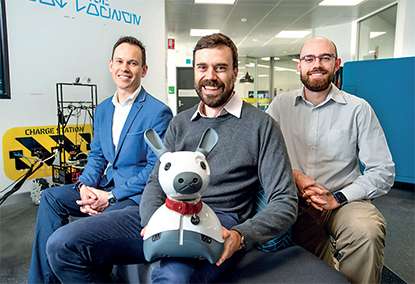 From high school experiments to cutting-edge technology, Dr Tobias Fischer has travelled the globe in his quest to change the future face of robotics. Dr Tobias Fischer is a senior lecturer at Queensland University of Technology, but his interest in robotics began with a high school project in Germany where he built a robot designed to avoid obstacles, marking a significant early inspiration in his career.
From high school experiments to cutting-edge technology, Dr Tobias Fischer has travelled the globe in his quest to change the future face of robotics. Dr Tobias Fischer is a senior lecturer at Queensland University of Technology, but his interest in robotics began with a high school project in Germany where he built a robot designed to avoid obstacles, marking a significant early inspiration in his career.
From a plexiglass robot in Germany to cutting-edge robotics research in Australia, Tobias’s career path reflects his commitment to advancing robotics for complex, real-world applications. “Max Born, a Nobel Prizewinning physicist, once compared science to navigating a jungle through trial and error—a concept that resonated with me early in my career.” It is something that Dr Fischer tries to instil in his students as a senior lecturer at the QUT School of Electrical Engineering & Robotics - embracing trial and error, learning from mistakes and persevering.
Robots with human-like perception
Dr Fischer’s career focuses on the overarching research goal of equipping robots with the perceptual abilities necessary to safely and intelligently interact with humans. “In pursuing this goal, my research has spanned the fields of robotics, computer vision, and artificial intelligence,” Dr Fischer said. “My research goes beyond technology— it aims to positively impact society. Equipping robots with human-like perception could transform areas like search and rescue, disaster relief, and space exploration, with broad implications for everyday life.”
His research was recognised at this year’s ‘40 Under 40’ Awards, a globally recognised programme to celebrate Queensland’s leading entrepreneurs, innovators and future business leaders. At home in Germany, after finishing high school, Dr Fischer chose to study computer engineering at university, as he hoped that would best cover the various disciplines involved in intelligent robotics. “I loved software engineering, algorithms, programming, and neural networks,” Dr Fischer said. “This was also the time when I realised that despite studying toward a bachelor’s degree, I wouldn’t nearly be able to acquire all the knowledge that I wanted.”
A game changer Dr Fischer continued his path into robotics and robotic navigation, enrolling in a Master in Artificial Intelligence (AI) at the University of Edinburgh, which had a long history in AI. “I was deeply interested in courses related to vision, covering multiple disciplines such as neuroscience, psychology, and robotics,” he said. During his PhD studies at the Imperial College London, Dr Fischer pioneered a transformative engineering approach that combines concepts from computer science and engineering with biology and social sciences.
“Specifically, I made advances in perceptual perspective taking, where a robot learns to infer how the visual scene is seen from the visual perspective of another agent, human or robot.” It was also during his PhD studies that he realised how badly the computer vision algorithms - that often work perfectly on constrained datasets - generalise to real-world settings when deploying them on a robot. “My research on eye gaze and blink estimation has been highly impactful, advancing both theory and practical applications, for example controlling a wheelchair purely based on gaze input.” His thesis was awarded the Queen Mary UK Best Thesis in Robotics Award 2018 and the Eryl Cadwaladr Davies Prize for the best thesis in the Electrical and Electronic Engineering Department at Imperial College 2018.
A move to Brisbane
After completing his PhD and one year of post-doc at Imperial College, Dr Fischer was fortunate to connect with Professor Michael Milford, now Director of the QUT Centre for Robotics. This led to his move to Brisbane. “Michael’s research aligned closely with mine. Additionally, the then Australian Centre for Robotic Vision based at QUT gave Australian research in robotic vision a huge push forward,” Dr Fischer said. “The ACRV, and the QUT Centre of Robotics that followed it, have raised global awareness of Australia as a leader in robotics. Being led out of QUT, I knew that there would be many more worldleading robotics researchers. “At our QUT Centre for Robotics, we are at the forefront of global robotics research, offering a unique window into projects from underwater robots to drones and space robotics–a diversity that sets us apart.”
- Patrick Whyte
This article was originally published on QUT Real Focus:
qut.edu.au/news/real-focus.
















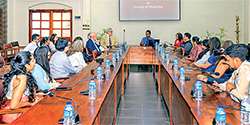



















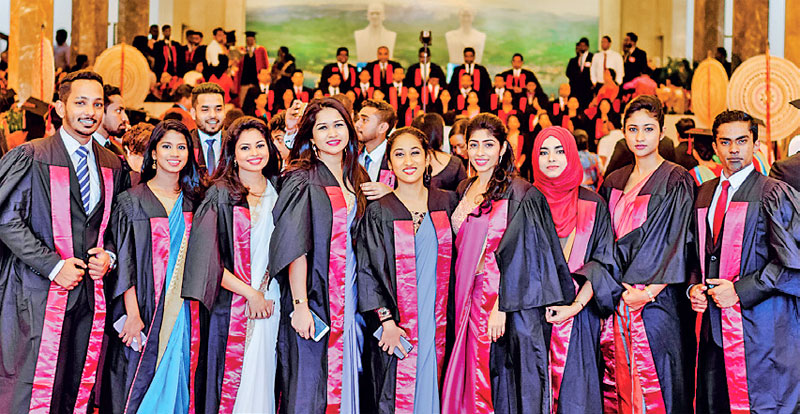


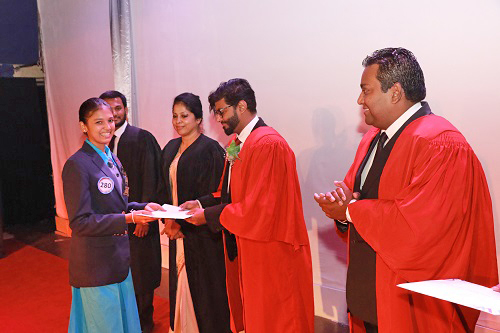
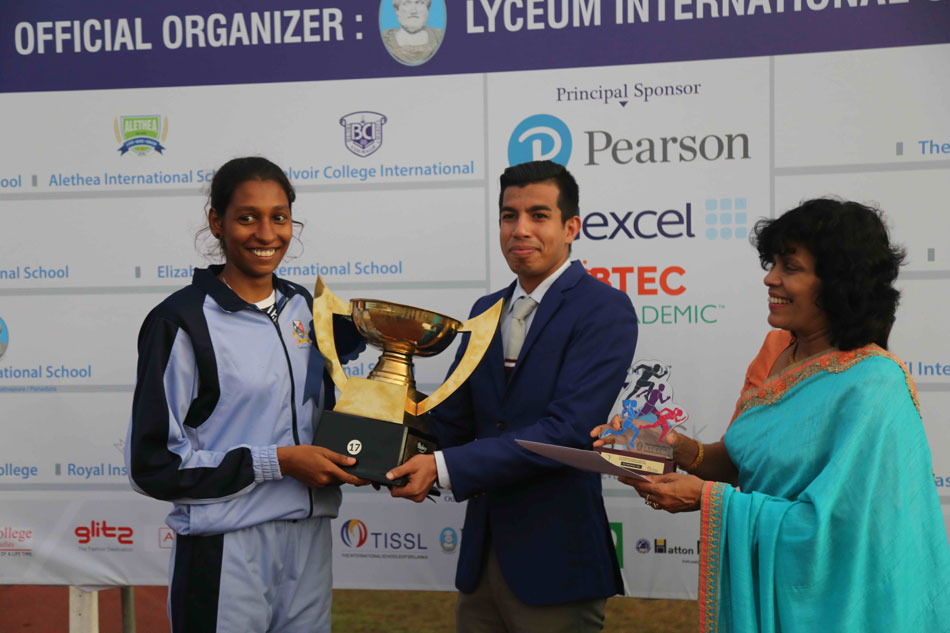
.jpg)

.jpg)
.jpg)
.jpg)
.jpg)
